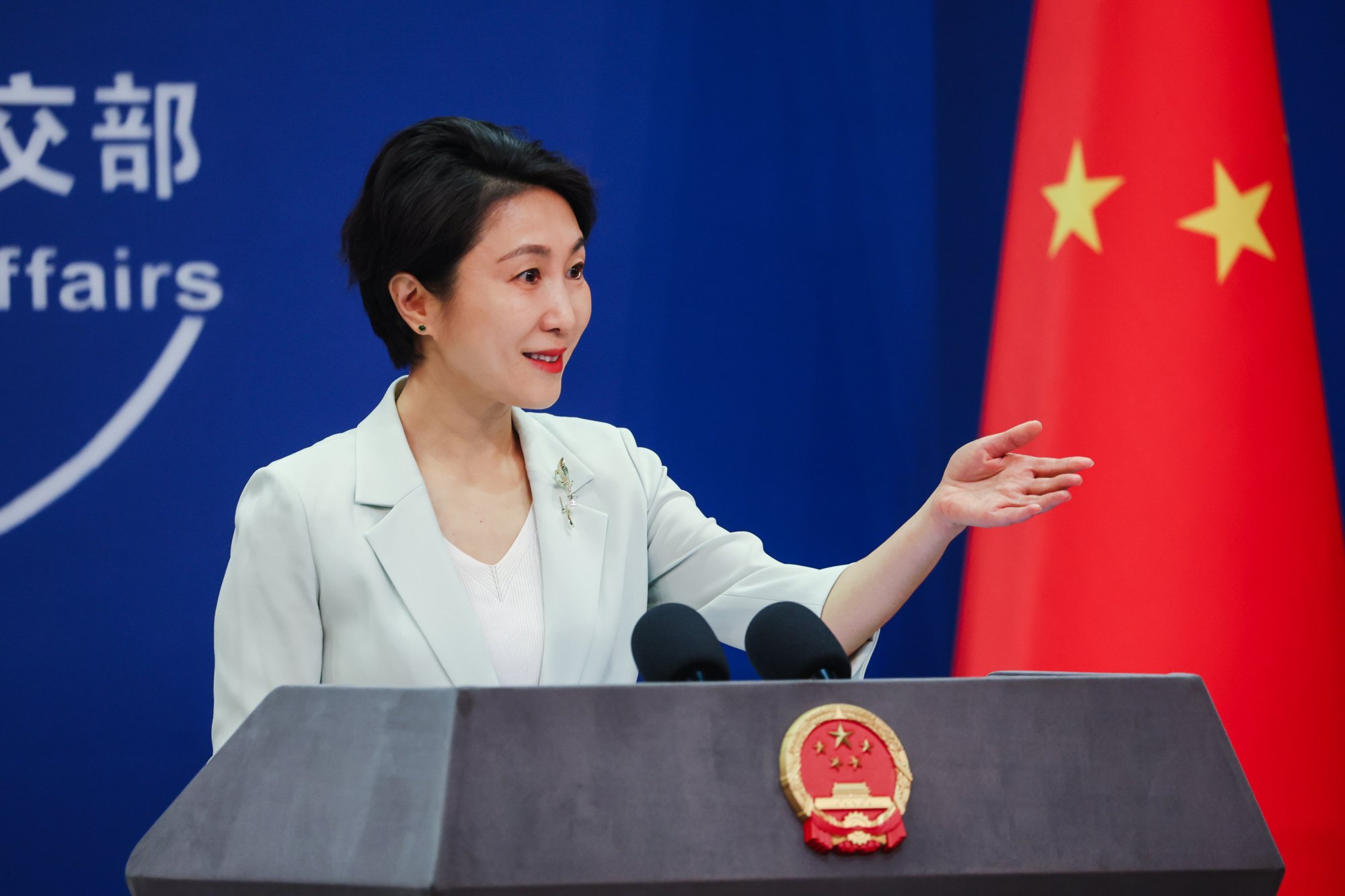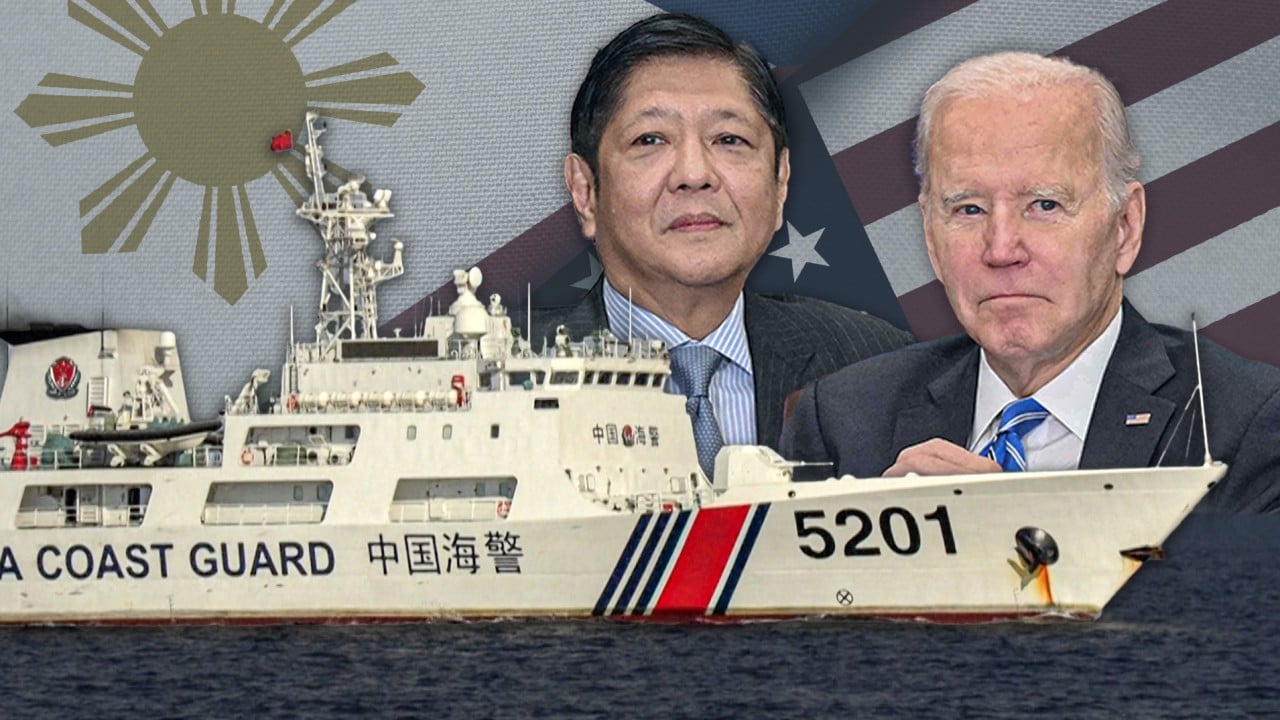The Chinese stance was “clear and explicit”, she said, and Beijing had consistently committed to dialogue and consultation with the Philippines to manage and control the current situation at Second Thomas Shoal, which is known as Renai Reef in China and Ayungin Shoal in the Philippines.
“If the Philippine side genuinely wishes to ease the situation at Renai Reef through dialogue and communication, it should prioritise good faith, adhere to agreements, abide by consensus and cease provocations,” she said, according to state news agency Xinhua.

The foreign ministry’s statement came after Philippine President Ferdinand Marcos Jnr remarked he was “horrified” to learn about a “gentleman’s agreement” between his predecessor, Rodrigo Duterte, and China, amid escalating diplomatic rows and recent maritime run-ins.
However, Duterte contradicted Roque’s definition of the “gentleman’s agreement” at a Philippine press conference late on Thursday. The former president said he only recalled having a status quo agreement with China under which neither Manila nor Beijing would make a move that would disrupt peace in the disputed waters.
The shoal has been the focus of tensions between China and the Philippines, with Manila deliberately grounding the warship in 1999 to reinforce territorial claims.
“If that agreement says we need to seek permission from another country to be able to do something within our own territory, it would probably be difficult to honour that agreement,” Marcos said on Wednesday.
However, Mao told the daily press briefing in China that the Philippines had “breached its commitments” by refusing to remove the “illegally grounded warship” and “violated China’s sovereignty”.
“China demanded that the Philippines immediately tow away the vessel and restore Renai Reef to its original state, unstaffed and without any facilities,” she said.
Philippine military missions that rotate and resupply troops on the ship have become a constant source of tension between Manila and Beijing.
Last month, there were two confrontations between China and the Philippines in disputed waters near the contested shoal, with Chinese vessels deploying water cannons several times against Philippine ships.
As Marcos-Duterte rift grows, is South China Sea the final nail in the coffin?
As Marcos-Duterte rift grows, is South China Sea the final nail in the coffin?
China would “never accept” the Philippines’ attempts to transport a large amount of construction materials onto the vessel “to construct fixed facilities and a permanent outpost”, and would “firmly and lawfully take measures” to intercept such actions, Mao said.
Beijing set out its position hours before the first-ever trilateral summit between the United States President Joe Biden, Japanese Prime Minister Fumio Kishida and Marcos in Washington, which was described as “new era of a partnership” and is seen as aiming to counter China’s growing geopolitical influence.


